Book Review
More...Keywords: Albanian Alphabet ; Albania; Albanai Language
The major part of the European languages long ago and without great difficulties selected their alphabets. Differently from them for the Albanian language to fix a unique alphabet it was needed a long period accompanied with not only technical but also political and cultural complications. This is the reason why the adoption of the modern alphabet is an important page in the history of the Albanian language, and even for the general history of the Albanians. Monastery Congress of the year 1908 is a linguistic event, and at the same time, it is a national memorable event.
More...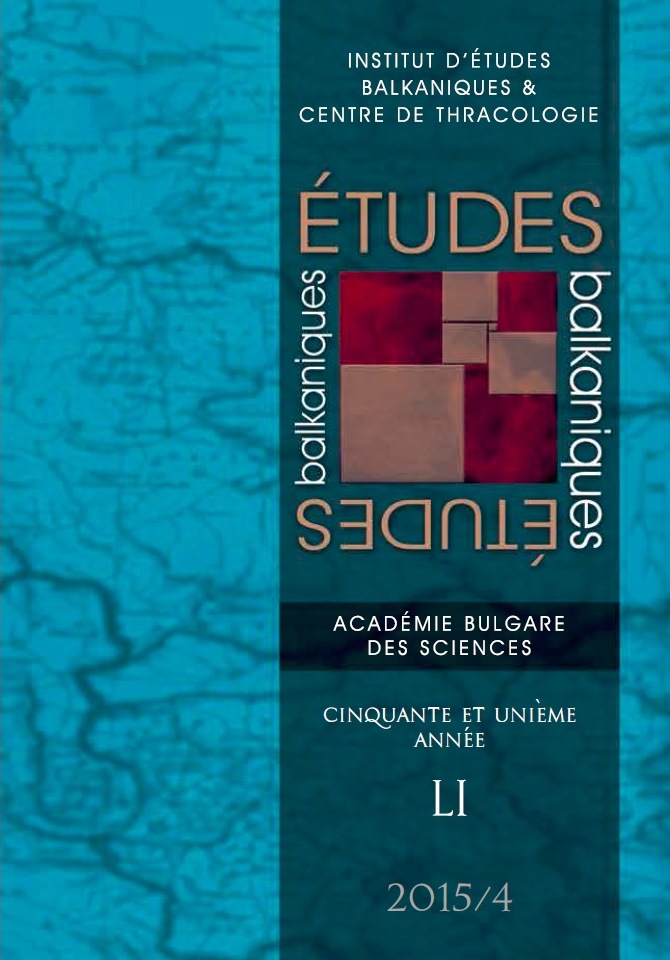
Keywords: Ottoman Empire; Balkans;
On 26th and 27th June 2015 in Sofia was held an international conference, sponsored by the Institute of Balkan Studies & Centre of Thracology, American University in Bulgaria and American Research Center in Sofia. The conference was dedicated to the Ottoman Balkans and to the agent of faith in particular. The papers presented highlighted the following problematic areas: religious policy and interaction; judges and lawyers; donors; Orthodox Christian priests and monks; the “other” Christian and Sufis; conversion; women converts.
More...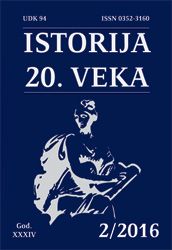
Keywords: Croatia; Yugoslavia; war; International Community; ideology; war studies; concepts
This text is intended to identify, clarify and resolve the most frequent examples of methodological inconsistencies found in the current literature by Serbian and foreign researchers, and to point to their conceptual, methodological and factual inconsistencies. This work follows the basic line of conceptual delimitation concerning the phenomenon of the breakup of Yugoslavia, on one hand, and of the violent conflicts in certain Yugoslav republics, on the other. It is based on the interdisciplinary analysis of the findings in the field of international relations and historical analysis, while relying primarily on the fundamental sources of historical material. Henceforth, this paper will address the issues of correct determining of the main and secondary actors, temporal determination and elements for making a clear and unambiguous definition of the armed conflict in Croatia.
More...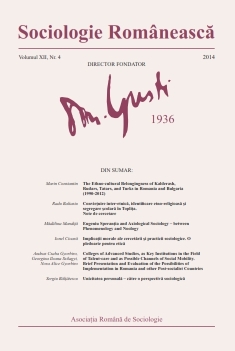
Keywords: ethno-linguistic groups; cultural belongingness; Romania; Bulgaria;
From a cross-cultural perspective, my text attempts to establish the degree to which a number of ethno-linguistic and religious groups from Romania and Bulgaria (Kalderashi, Rudars, Tatars, and Turks) could be equated within similar or identical ethnicities from the two countries. In discussing historical and ethnographic evidences relevant for the aforementioned ethnic communities, I consider and investigate (1) their demographic situation and geographic distribution, (2) their cultural trait variability, and (3) the current understanding of ethnicity in the anthropological literature of Southeastern Europe. My approach also takes into account the legislative framework of the ethno-demographic evolution in Romania and Bulgaria (1992-2011). Another objective of my research is to represent the distribution of the Kalderash, Rudar, Tatar, and Turkish groups across Romanian and Bulgarian regions. Based on such contextualization, the ethnic characteristics are interpreted in terms of homologous or analogous relationships among and between Gypsy/Roma, Tatar, and Turkish communities living in Romanian and Bulgarian rural and urban areas. A result of my comparative study is that of viewing the cultural belongingness in the 1990s and 2000s Romania and Bulgaria as an experience of coexistence – beyond the great and continuous ethno-linguistic and confessional diversity and variability in Southeastern Europe.
More...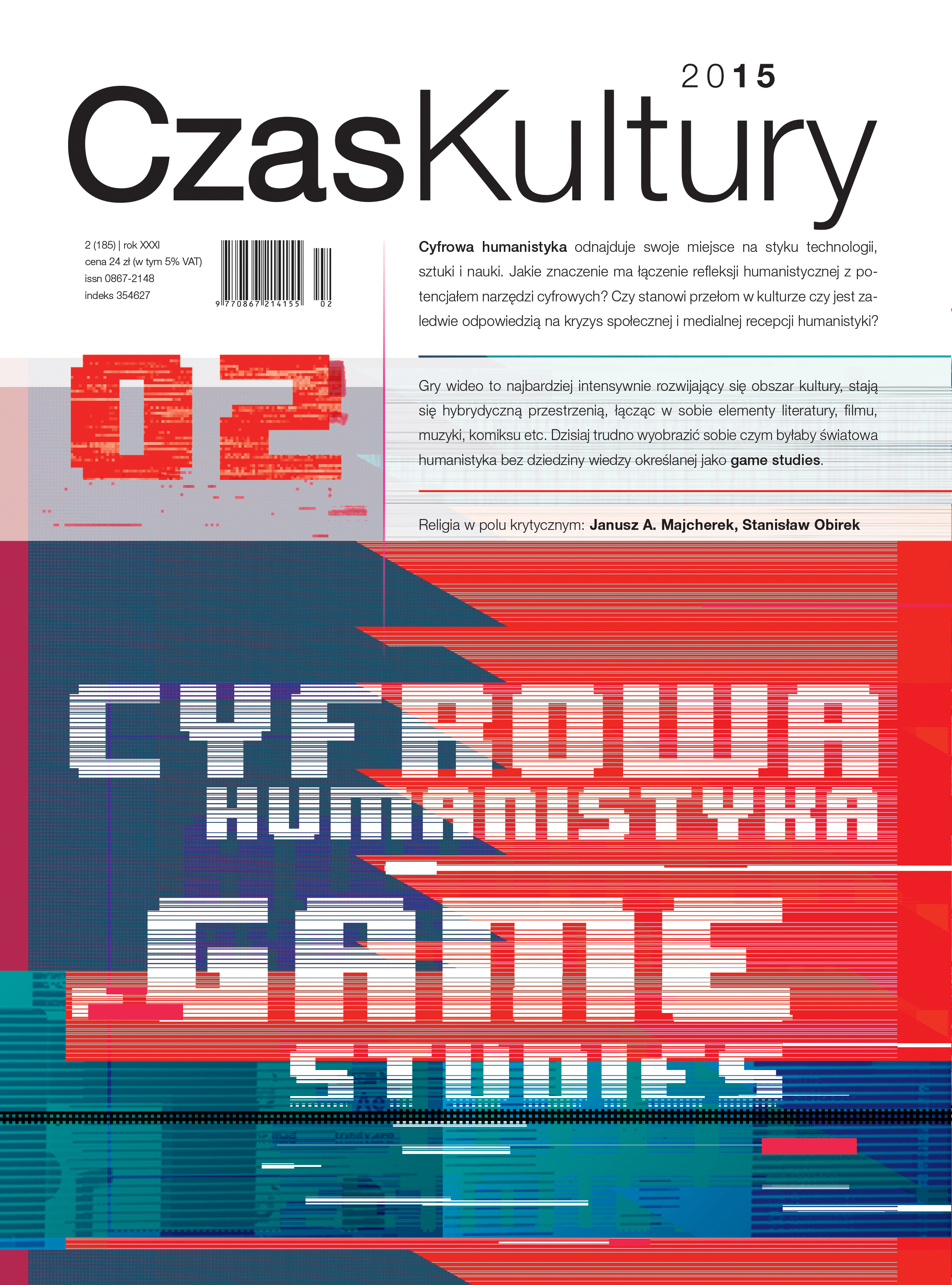
Keywords: religion and economic status
More...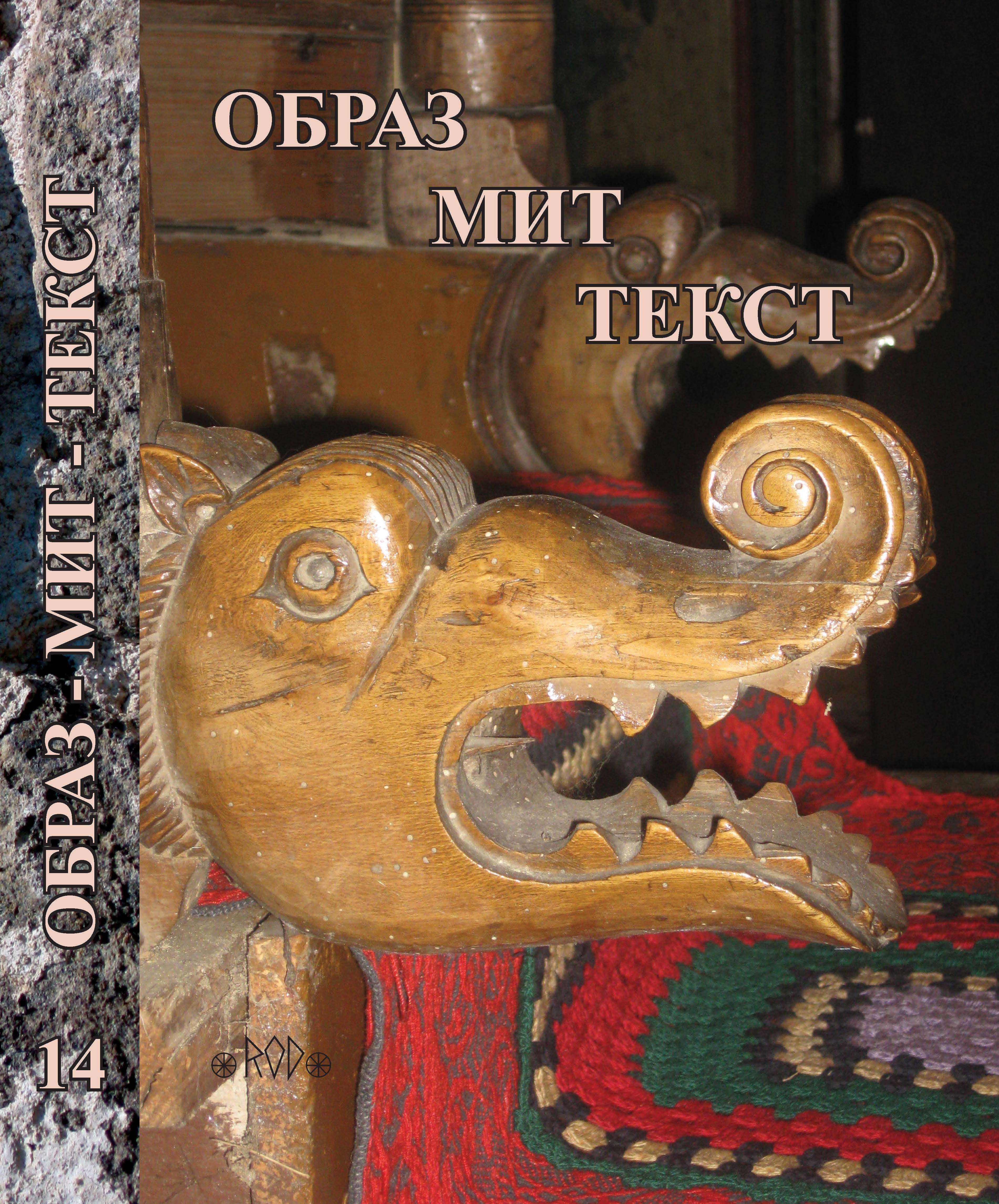
The text presents in a popular scholarly style the most characteristic features of the personality and works of Kuzman Shapkarev. He was a Bulgarian revival activist, ethnographer, publicist and public figure, educational propagandist, awakener of Bulgarian self-identification, advocate of the truth about Bulgarians in Macedonia, fighter for the renouncing if the spiritual yoke of the Greek Patriarchate and founding of an independent Bulgarian church, one of the first members of the Bulgarian Literary Society, now Bulgarian Academy of Sciences. Author of the biography is the granddaughter of Kuzman Shapkarev – Mrs. Ekaterina Shapkareva-Koleva.
More...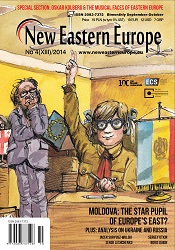
Keywords: EU-Russia relations;Ukraine;Crimea annexation
Following the annexation of Crimea and the ongoing destabilisation in eastern Ukraine, the European Union must now rethink its relations with Russia. The EU should draw a lesson from its shaky unity, which is constantly being challenged by the national interests of individual states during this crucial time.
More...
Keywords: Serbia;Russia;Russian-Serb relations
As the largest predominantly Orthodox and Slavic country in Central Europe not yet a member of the European Union, Serbia is an easy target for Russia’s soft power.The Kremlin is now counting on the “Putinisation” of this Western Balkan state to show Russian citizens that its policy towards the West has strong support in some parts of Europe.
More...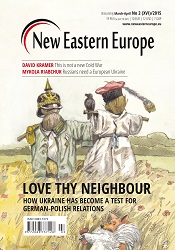
Keywords: Balkans;Croatia
In Croatia’s presidential elections held in December 2014 and January 2015 there was little talk about the real issues, such as the economy. It is true that economic policy is led by the government, not the president, but the reappearance of old ideological divides, as well as the lack of a serious debate, is surprising. And so is the renewal of the rhetoric which reminded many of the nationalist and authoritarian decade of the 1990s.
More...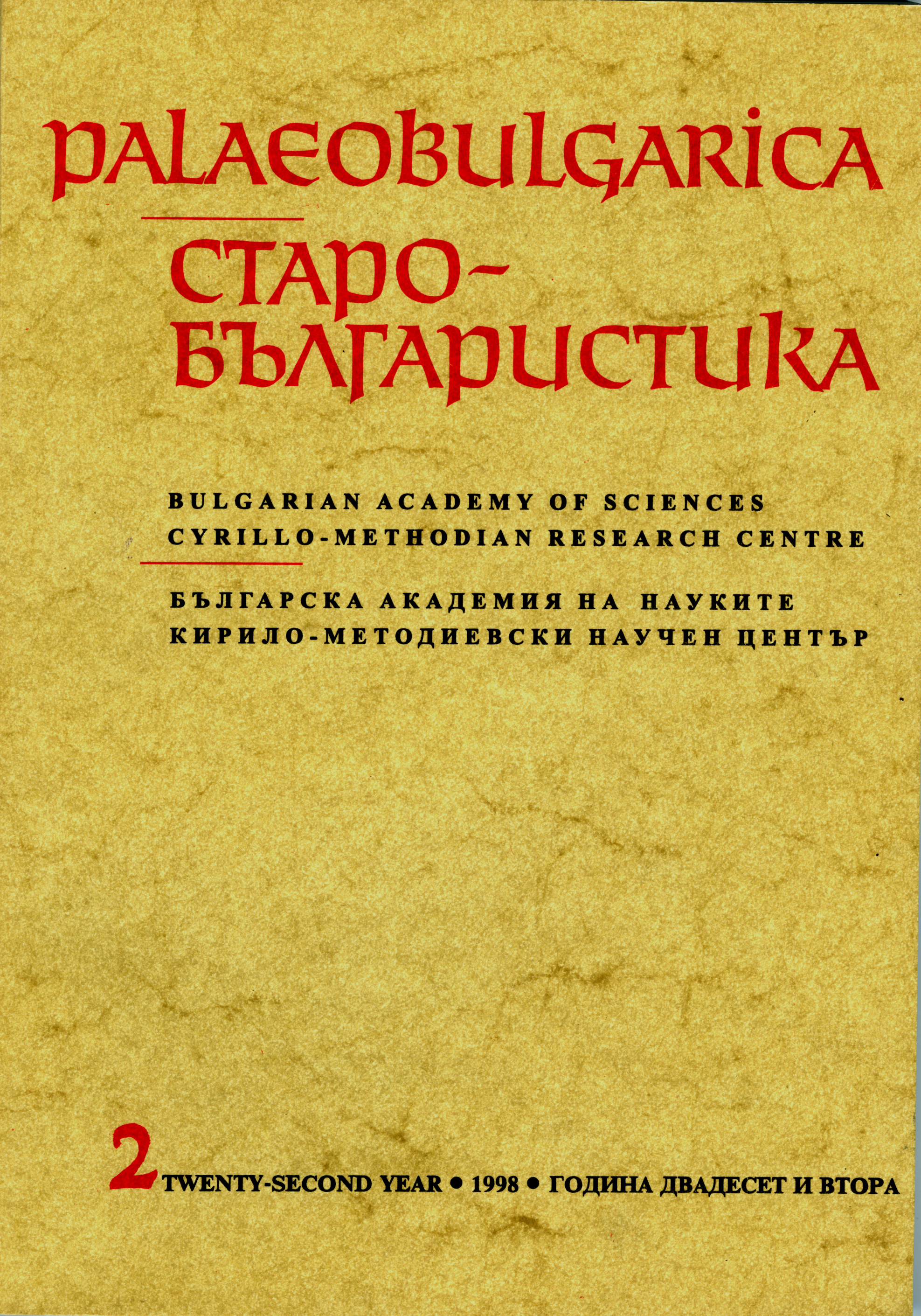
By digitising we assume a copy of a text in a computer readable format which can be represented by a scanned original or by a careful rewriting obeying the palaeographical varieties of the text and its original structure. The process of coding takes as its input the rewritten text and gives a normalised text (after rendering) on its output. The process of rewriting cannot be solved by the current Optical Character Recognition (OCR) procedures. Thus, we prefer its rewriting by a linguist, although we do not completely ignore OCR procedures when applied to an input of already printed texts in their normalised form.
More...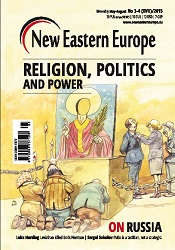
Keywords: Ukraine; Orthodox Church; EuroMaidan
The social transformations that have been taking place in Ukraine since late 2013 have greatly affected inter-church relations. The Orthodox Church under the Kyiv Patriarchate, which actively supported the EuroMaidan, emerged from the revolution with a strong moral ascendancy and enhanced its own reputation in the society. For the Moscow Patriarchate, these events turned out to be somewhat of a disaster. Only some priests supported the protests and the activities of the Moscow Patriarchate in Ukraine are openly criticised by the society today.
More...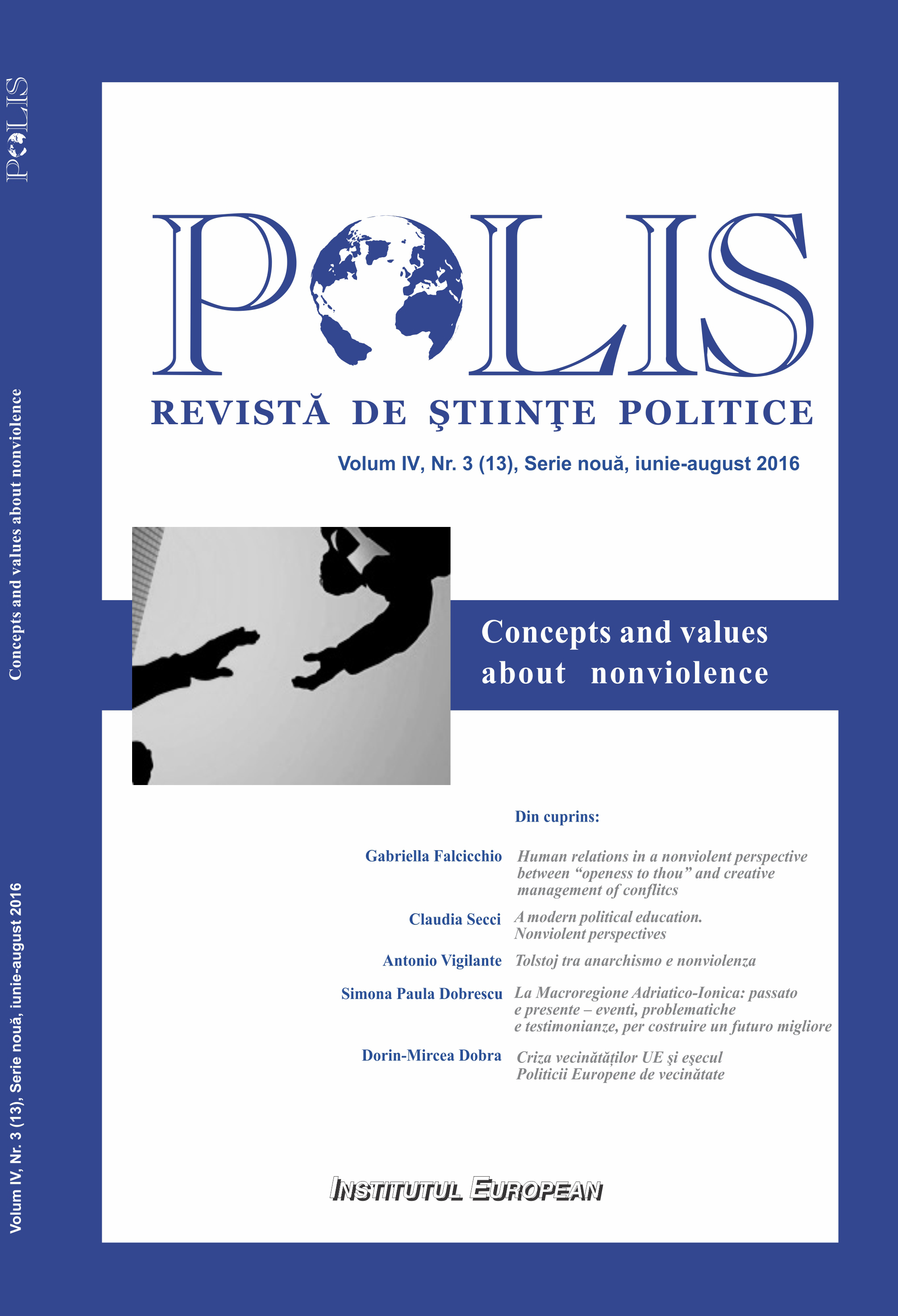
Keywords: peace; justice; freedom; inter-religious dialogue; solidarity;
The Adriatic-Ionian region (EUSAIR) covers an outstanding area of maritime countries, of which four are member states of the European Union (Italy, Slovenia, Croatia and Greece) and four non-members (Albania, Serbia, Montenegro and Bosnia-Herzegovina). It is a crossroad meeting place of peoples, religions and cultures that are often at loggerheads, sometimes on speaking terms. Religion has contributed to widening the division. However, in the last decades progress has been made towards an inter-religious dialogue. The lessons of the remote past and recent times have brought home the need to strengthen relations, to extend friendship, to prepare to defend the common values of liberty, peace and justice. The problems in the Balkans, but also those world-wide, need a positive and coherent approach. Prosperity, security and harmony of the various ethnic- religious components in the macro-region must develop peacefully. Unfortunately, the threat of war and hatred are destabilizing many parts of the world and every religion is called upon to defend peace. It is time for the individual illuminated voices to be supported by the body of the people of God, that is, God, the common father of all men who has given humanity the great gift of choosing between Good and Evil.
More...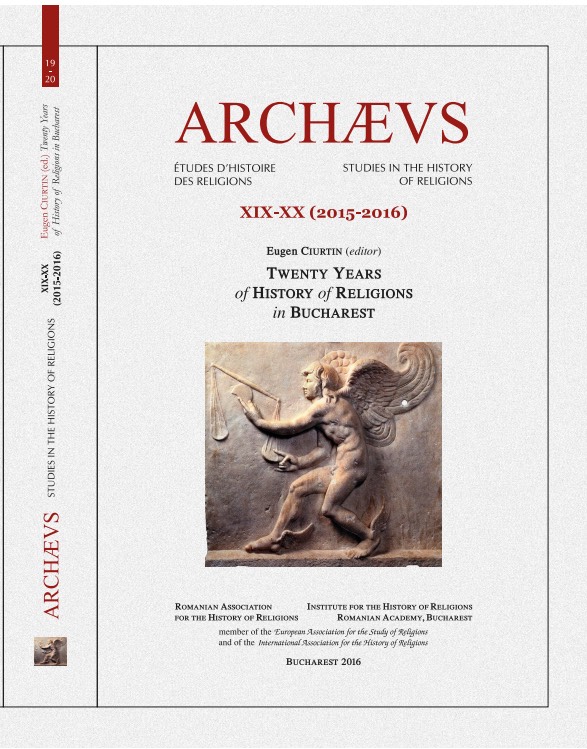
Keywords: Seleucus I Nicator; Seleucid Syria; Antioch; Seleucia in Pieria; Laodikeia; John Malalas; Zeus Keraunios; thunderbolt
The aim of this paper is to briefly discuss the religious context of the process of city-foundation of Seleucus I Nicator, the founder of the Seleucid dynasty. This has so far been viewed solely from a pragmatic point of view, encompassing political and ideological reasons, which were necessary as means of propaganda for a dynasty that needed to legitimize itself in the eyes of its subjects. This paper attempts to look at the religious dimension of the foundation of a city excluding the above mentioned pragmatic reasons and it should be noted that in the case of the six known foundation stories, Seleucus Nicator did consult with gods (in fact, only one, which is surprisingly not Apollo, the god protecting the dynasty, but Zeus), who made their will known through omens and miracles. A few case studies are taken into account, namely those of Seleucia in Pieiria, Seleucia on the Tigris, Antioch on the Orontes and Laodikeia on the Sea. The difference in patterns in the ancient accounts (Appian, Libanius, Malalas) are also briefly discussed, as well as the unexpected occurrences of human sacrifices in the chronicle of John Malalas in his accounts of the foundations of Antioch and Laodikeia.
More...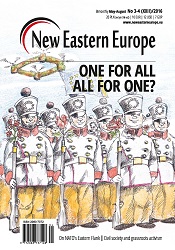
When one thinks of Croatia today, one is reminded of the refugee crisis, the relatively recent war with Serbia and generations of people living under communist dictatorship. However, the western perspective often misses out on the reality on the ground. Today, business in Croatia is thriving despite some real problems, such as Byzantine bureaucracy, innate caution and a seeming tolerance of corruption.
More...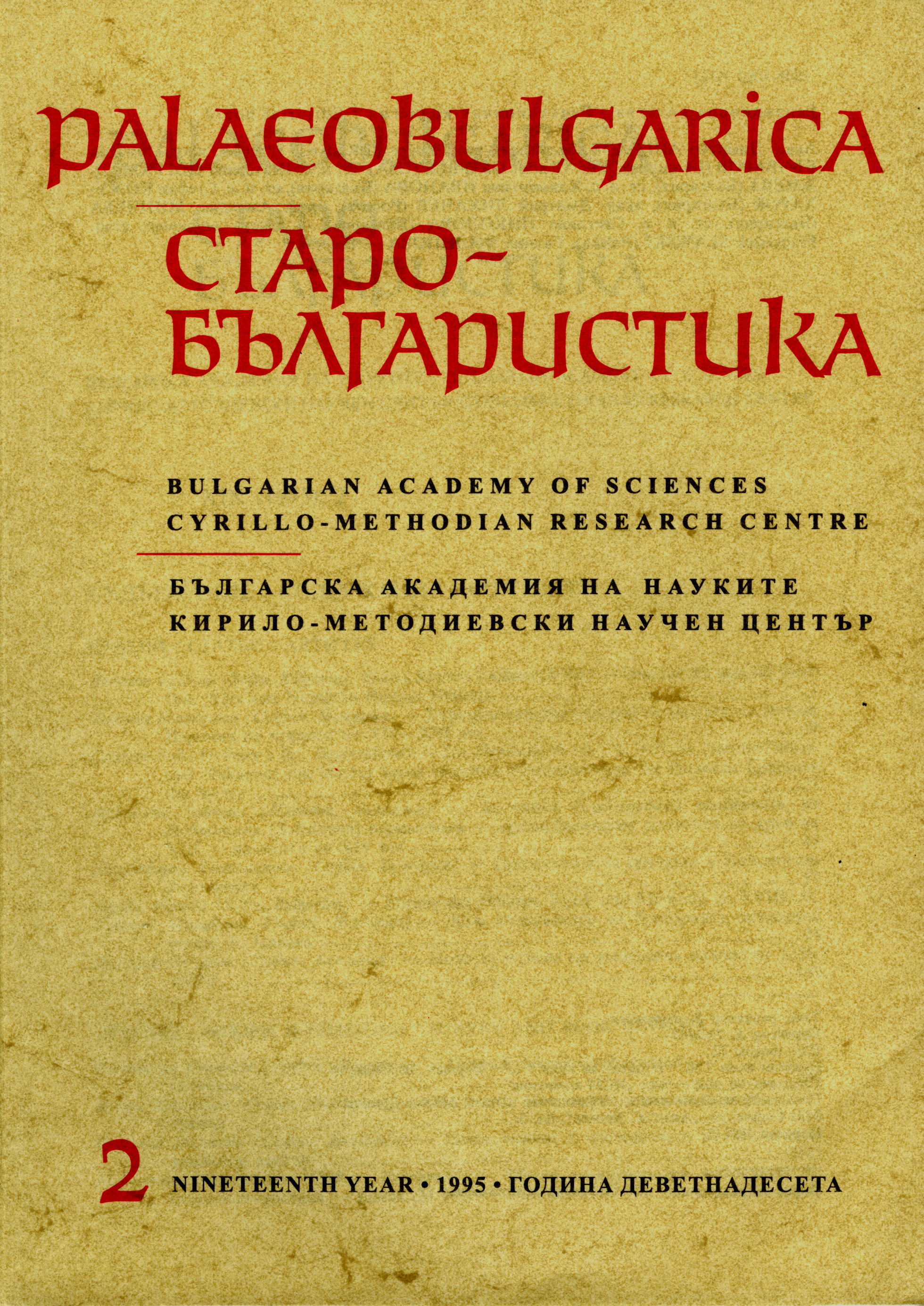
The paper observes one of the phonological features – the merger of the four Late Common Slavic (or early Old Bulgarian) vowels, the two yers ъ and ь, and the two nasals о and e, into a single reflex. The purpose of the present paper is to suggest an alternative explanation of the development of the vocalic systems of the Rodopi dialects and, perhaps, other Bulgarian dialects as well. This explanation represents preliminary results of a re-examination of the development of Rodopi vocalization in light of the broad typological studies of the past ten to fifteen years.
More...